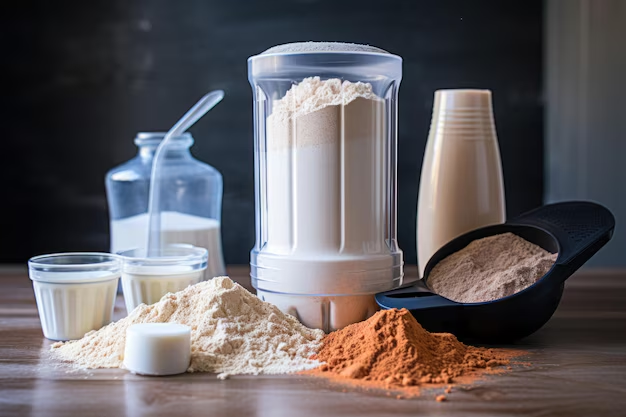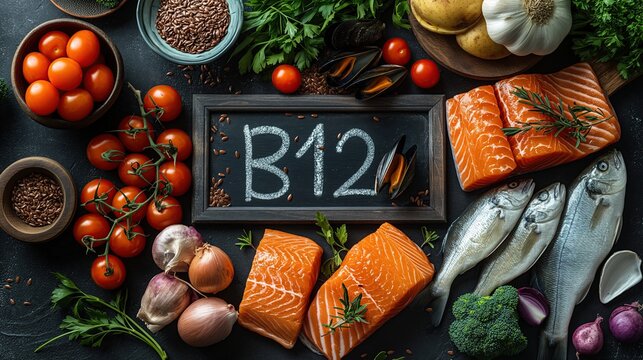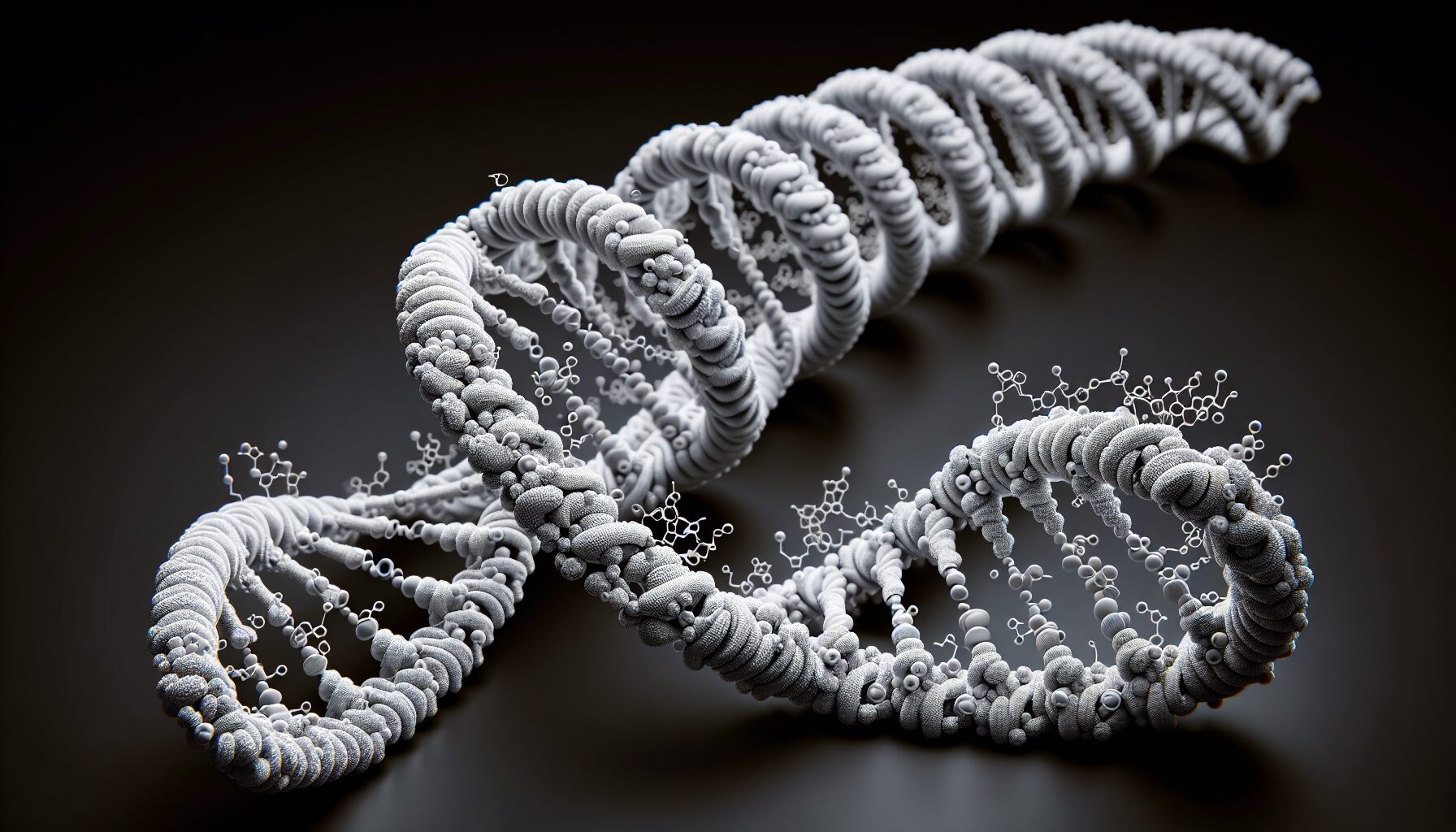
How Much Protein To Build Muscle?
So you’ve decided to hit the gym. Now you need to know how much protein you ideally need to start to build up your muscle. Building lean muscle tissue is really straightforward, however it takes a little bit of understanding so you can adapt your daily choices accordingly.
Many people take up exercise and don’t really see the results they want from it. Understanding how these factors play out and how you need to influence them for positive results is important to your successes.
There are a couple of crucial factors that influence lean muscle building including dietary intake and exercise routines. Here the focus will be on protein intake, one of these dietary or nutritional aspects that influences lean muscle tissue outcomes.
Specifically, we will look at how much protein you actually need to start to build lean muscle tissues.

How Protein Is Metabolised To Build Muscle
When you build lean muscle tissue, you clearly need protein and an energy input as two key factors to supporting that process. How much protein you really need depends on your metabolism. Body metabolism can be split into two parts, anabolism where you build up tissue or make molecules and catabolism, where you are breaking substances up. In relation to muscle, to build lean muscle you need to sustain anabolism for much longer in your the muscle tissues than catabolism.
How you approach your diet will be different depending on if you are attempting weight, or fat loss, lean muscle growth. If you are looking for that sort of lean weight muscle development, then you need to be maximising your protein intake each and every day.
How this muscle growth strategy works is through energy production, via amino acid or protein molecule metabolism in your cells combined with fat metabolism. This is called ketosis. Sticking to the protein side of things, your intake of amino acids needs to vary and increase. Or at least be sustained at a certain threshold level that ensures you have enough amino acids.
If your protein intake were to drop too much and you are attempting to also loose weight, your muscle tissues will waste. The body releases muscle bound proteins into the blood to support vital functions. This is detrimental for bodybuilders, or those wanting to sustain muscle increases. Because of the energy and protein imbalance, their muscles and in most cases, muscle overall power, will diminish.
For these types of exercisers, an ideal dietary approach will include optimal levels of proteins, as well as a decent supply of energy producing molecules. Let’s have a look at the optimal protein intake for both of these fitness approaches.

How Much Total Protein Do You Need Each Day?
Building on from our understanding of protein metabolism, the total protein you need each day will depend on your activity levels. When you eat your food, the dietary proteins pass through your digestive tract where they are readily absorbed. They get broken down mechanically into small molecules and then chemically into amino acids.
Proteolytic digestive enzymes, such as pepsin, break down the larger protein molecules with assistance from stomach acid. Other enzymes can come from the pancreas. Most absorption happening in the small intestine and some in the large intestine. In the large intestine your beneficial gut microbes aid protein digestion.
How Much Protein Can be Absorbed For Muscle Building
Per sitting of each meal you eat, your body can uptake between 1.3g to 10g of amino acids per hour from the intestines. Your body can fully absorb a serving of 20 grams of whey proteins in 2 hours. While 20 grams of cooked egg protein takes about 7 hours to be absorbed, at roughly 3g per hour.
This gives you an idea, first of all, of the maximum amount of protein the body can take into the body at a time. The other conclusion we can make here is that it is also worthwhile keeping in mind some proteins are absorbed quicker than others. This will influence recovery, muscle gains and weight loss of course.
Using this knowledge, you can start to build a picture of the ideal protein-based diet for yourself depending on your work out aims.
Minimum Body Protein Requirements
The human body on average needs between 0.66 grams and 0.8 grams per kg of body mass, in protein, overall per day.
This means that the average person needs to ensure that they hit those targets, at the minimum every day, to sustain the muscle recovery.
For maximum lean muscle mass gains after exercise, in energy sufficiency, it is thought you should eat in excess of 1.6 grams of protein per kilo of your body mass per day. This is 0.53 grams of protein, per kilo of body mass, for the standard 3 meals a day. If you weigh around 70kg in total, this is about 110 grams of protein a day.
One should aim for slightly more than this, to accommodate for certain digestive variables. However, this is the general scientific consensus.
As you exercise more your dietary requirements will elevate further and further. The general consensus is that to support exercise you have between 20 to 25 grams,per single meal a day.
This is the recommended supplementary or dietary intake of protein to support with maximal protein synthesis, particularly with exercise, where your protein demands increase. This should help to maintain net overall muscle building.

How Much Protein To Build Muscle
You need optimum levels of all the 9 essential amino acids for muscle building
On average people need 0.66g to 0.8g of protein, per kg body mass per day.
1.6g of protein per kg of body mass per day is recommended for lean muscle mass gains with exercise
The body absorbs 1.3g to 10g of amino acids per hour

Ketosis & Protein Intake
When your intake exceeds this, the body starts to use the additional protein for making energy. This process is known as ketosis, where the body uses proteins to fuel energy requirements. Ketosis uses proteins and fats to make energy for the body when there are no sugars.
As a result of calorie restriction while under ketosis, you can experience muscle wasting. This has led to the development of ketogenic diets.
However, for short periods of time it has been shown that you can successfully maintain muscle mass and lose weight through the ketosis process. This has been achieved in athletes through maintaining high quality protein intakes.
This could help you to maintain and develop both lean body mass and muscle tissues. Ketosis can be risky for the development of injuries and is not recommended for people only wanting to building muscles. Especially for women, it is recommended you support bone health when under calorie restriction.
Specific Amino Acids For Lean Muscle Growth
While taking additional or supplementary protein has been shown to stimulate muscle growth this gives you a decent starting point. Protein intake isn’t the only factor there is when it comes to building muscle and your protein intake. Specific growth limiting amino acids have a massive role on muscle growth as well.
You will have heard of the quality vs quantity saying. For optimal lean muscle growth, you will need both quality and variation in amino acids. Specific amino acids are very rate limiting on growth. This is because they are harder to find in nature or are used frequently in protein making. The nutrient quality of protein from food depends on amino acid composition and digestibility too.
Meeting the nutritional needs of your muscles and protein production is not just as simple as increasing protein intake. Certain amino acids give you an added or healthy boost when it comes to overall muscle growth over others.
BCAAs & Muscle Growth
In our previous articles we have discussed some of these amino acids. One group of them are known as branched chain amino acids. These are harder to obtain from your diet.
The BCAAs or branched chain amino acids are isoleucine, valine and leucine. Leucine is a key regulator of the muscle and protein synthesis pathway. Their presence in cells launches a specific protein or muscle growth response, through mTOR, when total essential amino acid levels are sufficient.

The 9 Essential Amino Acids
In addition to high amounts of BCAAs, you need optimum levels of all the 9 essential amino acids for muscle building. Ensuring a constant intake of essential amino acids is important to avoid muscle wasting. Eating just 3 of them in the form of BCAAs isn’t enough to avoid the wasting process.
You will then also need a good intake of the other 11 amino acids to support normal growth. Having the 9 essential amino acids in good quantities, including BCAAs, stimulates increased protein synthesis.
How High Protein Diets Can Be Dangerous
Something to be aware of is the issues that can happen with too high protein intakes. While ketosis and higher protein diets can have health benefits, too much protein can cause health problems.
Excess protein diets are thought to start at 5g per kilogram of body weight per day. This overwhelms some of the body’s core processes and then leads to hyperaminoacidemia. This causes nausea, diarrhoea and can then eventually leads to death. Everything has a toxicity range in the body and an overall balance to all things is something crucial to understand.
Studies suggest you can more than safely avoid protein toxicity through 176 grams of protein a day for an 80 kg individual, or 2.2 grams total protein per kg a day.

Conclusion
Dietary intake is a crucial factor when it comes to healthy muscle building. Nutrition is just as important as the exercises you do.
Ensuring a net overall gain in muscle proteins comes from optimising your dietary intake of protein and amino acids. Specific amino acids, like BCAAs do have an effect in addition with other 9 essential amino acids.
There are various dietary strategies you can use when it comes to optimal protein intake, but there are clear overlaps.
The human body on average needs between 0.66 grams and 0.8 grams per kg of body mass, in protein, overall per day.
This means the average person needs to ensure they hit those targets at the minimum every day to sustain the muscle recovery. As you increase your muscle mass, your protein requirements will also increase.
Per meal you eat, your body uptakes 1.3g to 10g amino acids per hour from the intestines.
For maximum lean muscle mass gains after exercise your total protein intake, when in energy sufficiency, is thought to be in excess of 1.6 grams per kilo of your body mass, each day.
For more interesting articles, navigate to the main articles page below.




